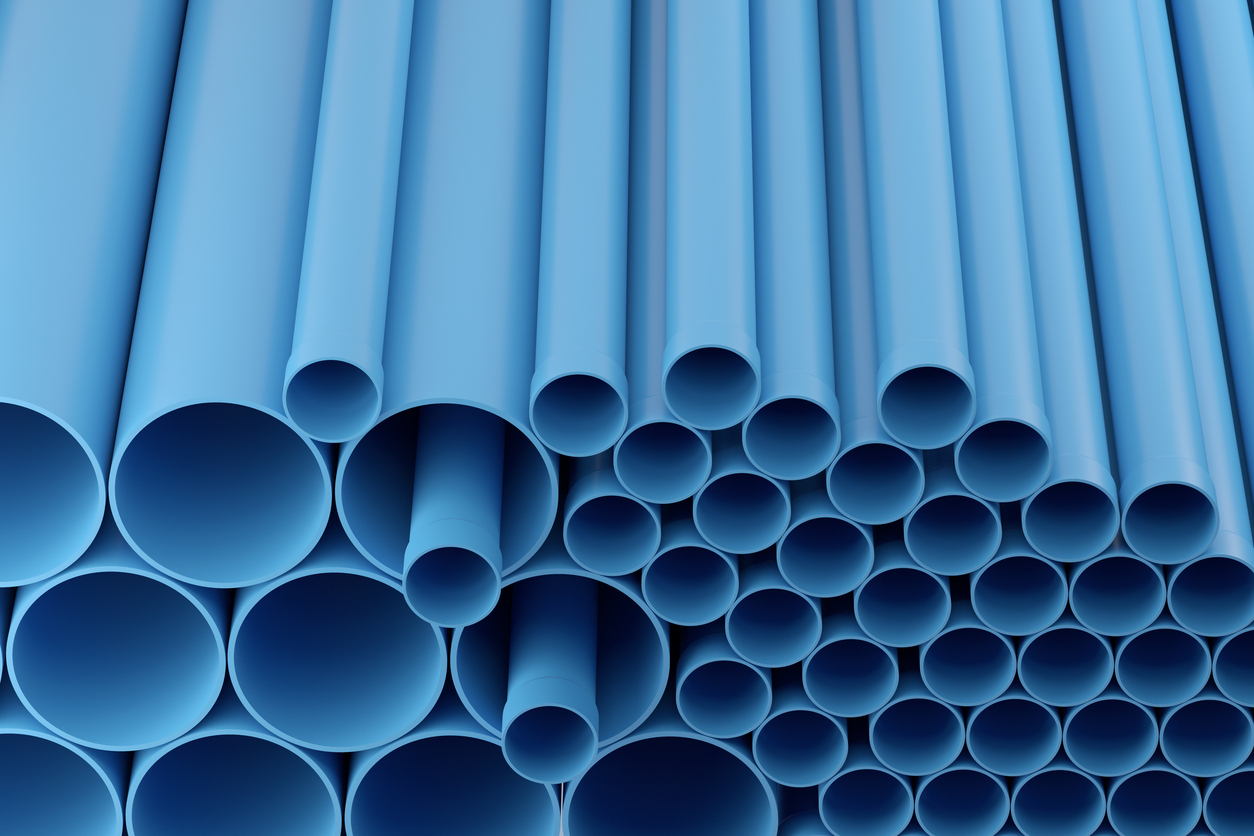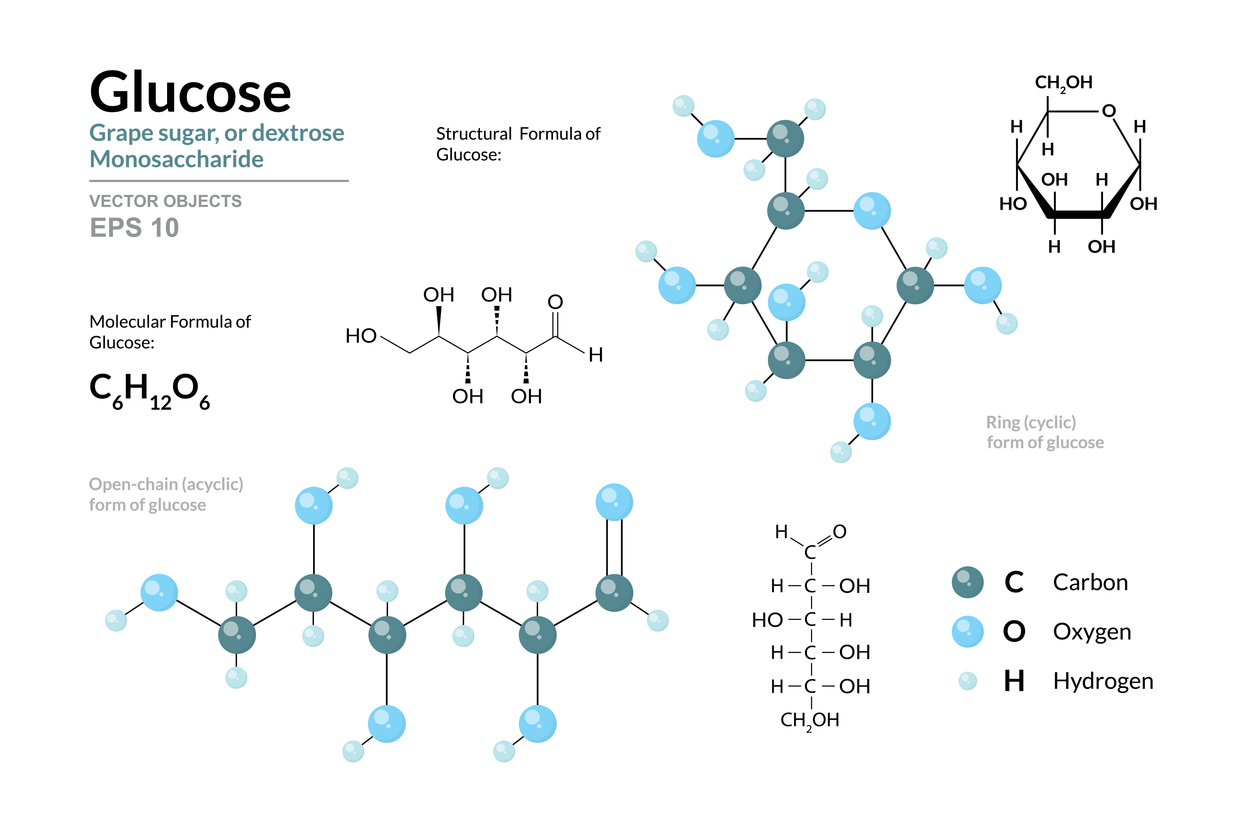Protect Your Assets: The Importance of Corrosion Control in Nigeria
Protect Your Assets: The Importance of Corrosion Control in Nigeria
Nigeria is a country rich in natural resources, from oil to gas and minerals. However, these assets are constantly under threat due to corrosion. Corrosion can cause significant damage to equipment, pipelines, and infrastructure, leading to costly repairs and production downtime. In this blog post, we will explore the importance of corrosion control in Nigeria and how it can help protect your assets from degradation. So fasten your seatbelts as we take you on a journey through the world of corrosion prevention!
Introduction to Corrosion Control and Why it’s Important in Nigeria
Corrosion control is the process of reducing or eliminating the corrosion of metals. It is important in Nigeria because of the country’s high levels of humidity and precipitation, which can accelerate corrosion. There are a number of methods of corrosion control, including the use of coatings, cathodic protection, and inhibitors.
Coatings are materials that are applied to metal surfaces to protect them from corrosion. They can be applied as a liquid, powder, or film. Cathodic protection is a method of protecting metals from corrosion by making them the anode in an electrochemical cell. Inhibitors are chemicals that are added to metal surfaces to prevent or slow down the corrosion process.
There are many reasons why it is important to control corrosion in Nigeria. Corrosion can cause metal surfaces to deteriorate, which can lead to structural problems. It can also cause pipes and other metal components to fail, which can lead to leaks and other problems. In addition, corrosion can cause metals to lose their strength and durability, making them more susceptible to damage.
Corrosion control is therefore essential for preventing these problems from occurring. It is especially important in Nigeria due to the country’s high levels of humidity and precipitation, which can accelerate corrosion. There are a number of methods available for controlling corrosion, including the use of coatings, cathodic protection, and inhibitors.
Different Types of Corrosion and How to Control Them
There are many different types of corrosion, each with its own unique set of symptoms and causes. The most common types of corrosion include:
1. Galvanic corrosion: This type of corrosion is caused by an electrochemical reaction between two dissimilar metals in the presence of an electrolyte, such as water. Galvanic corrosion can be prevented by using a sacrificial anode, which will corrode in place of the more valuable metal.
2. Pitting corrosion: Pitting corrosion is a localized form of attack that creates small holes, or pits, in the metal surface. Pitting corrosion can be prevented by using a protective coating on the metal surface.
3. Crevice corrosion: Crevice corrosion occurs when there is a build-up of deposits in a small area, creating an environment where the oxygen concentration is lower than in the surrounding areas. This can happen when two metal surfaces are in close contact with each other, such as in a bolt hole. Crevice corrosion can be prevented by keeping metal surfaces clean and free of deposits.
4. Generalized corrosion: Generalized corrosion is a uniform attack over the entire surface of the metal. Generalized corrosion can be caused by many factors, including environmental conditions and the composition of the metal itself. Generalized corrosion can be controlled by using coatings or cathodic protection to protect the metal surface from attack.
How Wigmore Trading Can Help with Corrosion Control
Wigmore Trading has over 30 years of experience in the corrosion control industry. We offer a variety of services to help our clients with their corrosion control needs, including:
-Corrosion consulting
-Corrosion analysis
-Corrosion testing
-Corrosion mitigation
We also offer a wide range of products to help our clients with their corrosion control needs, including:
-Corrosion inhibitors
coatings
-Cathodic protection systems -Galvanic anodes -Paint and coatings -Waterside treatment programs -Tank lining systems
Benefits of Having Professional Corrosion Control Services
There are many benefits of having professional corrosion control services. One benefit is that it can help to prolong the life of your assets. This is because corrosion control can help to prevent or slow down the process of corrosion, which can damage your assets over time.
Another benefit of having professional corrosion control services is that it can help to improve the appearance of your assets. This is because corrosion can cause your assets to become discolored or rusty over time. By preventing or slowing down the process of corrosion, you can help to keep your assets looking new for longer.
Finally, professional corrosion control services can also help to improve the safety of your assets. This is because corroded materials can be dangerous and may pose a risk to people who come into contact with them. By preventing or slowing down the process of corrosion, you can help to make sure that your assets are safe for everyone who uses them.
Common Problems in Nigeria and How to Avoid Them
The corrosion of assets is a common problem in Nigeria. In order to protect your assets, it is important to control the corrosion. The most common problems associated with corrosion are:
-Pipe deterioration: This is often caused by the presence of water in the pipes. When water seeps into the pipes, it causes them to rust and deteriorate. In order to avoid this problem, it is important to keep the pipes dry and free from water.
-Metal fatigue: This is another common problem that is caused by corrosion. When metal corrodes, it becomes weaker and can break easily. This can lead to serious accidents and injuries. In order to avoid this problem, it is important to use quality materials that are resistant to corrosion.
-Structural damage: Corrosion can also cause structural damage to buildings and other structures. This can be very dangerous and can lead to collapse. In order to avoid this problem, it is important to have regular inspections of structures and make sure that they are free from corrosion.
Conclusion
In conclusion, corrosion control is a very important consideration for any asset owner in Nigeria. By using protective coatings and other methods, you can extend the lifespan of your assets and protect them from oxidation damage caused by exposure to harsh environments. Investing in corrosion prevention now will save you time and money down the line when it comes to repairs or replacements that are necessary due to rust. Take care of your investments today with simple measures such as proper storage, cleaning, maintenance and coating applications – they will pay off tomorrow!








LEAVE A COMMENT
You must be logged in to post a comment.